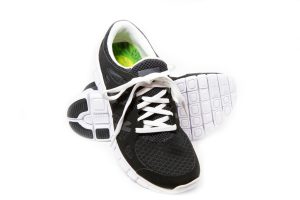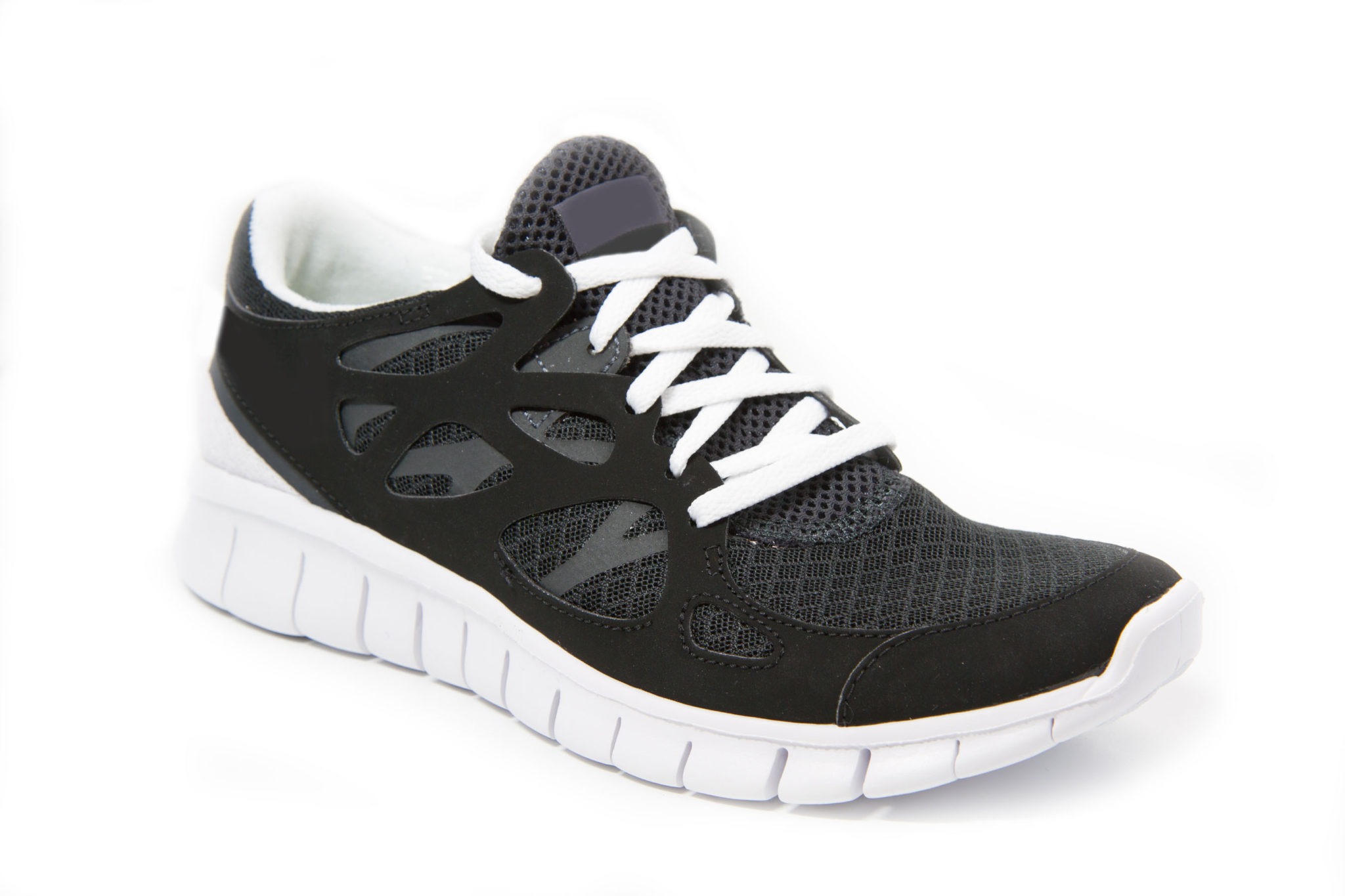Does Nike ethically produce shoes?
 The short answer is “yes,” they do. The long answer is, it’s not easy. There is some irony to Nike’s ethical production issue, being that Nike takes all the heat from larger companies while they have one of the best records. In my personal experience making shoes in China (not for Nike), we purposely look for shoe factories that have ongoing Nike production.
The short answer is “yes,” they do. The long answer is, it’s not easy. There is some irony to Nike’s ethical production issue, being that Nike takes all the heat from larger companies while they have one of the best records. In my personal experience making shoes in China (not for Nike), we purposely look for shoe factories that have ongoing Nike production.
Nike certified factories have better quality, better worker safety, Nike labor audits, etc. I worry more about the quality of the non-branded or off-brand shoe factories. Non-branded shoes are usually made by middlemen or agents who just don’t care. Now, I’m not saying the shoes you buy at Walmart are guaranteed to have come from a factory with ethical production problems, but I do know the Nike shoe will be from a better factory.
Shoe factory wages are based on local laws
 Can we blame Nike for the wages paid to workers in their subcontracted factories in foreign countries? No. Blame yourself. As customers, we demand maximum value for our money, and Nike would soon be out of business if they were not competitive in the market. The wages paid in shoe factories are based on local laws. Nike is more likely to demand better working conditions over higher wages, and the best shoes are made by well paid, skilled workers, not minimum wage slaves!
Can we blame Nike for the wages paid to workers in their subcontracted factories in foreign countries? No. Blame yourself. As customers, we demand maximum value for our money, and Nike would soon be out of business if they were not competitive in the market. The wages paid in shoe factories are based on local laws. Nike is more likely to demand better working conditions over higher wages, and the best shoes are made by well paid, skilled workers, not minimum wage slaves!
 Is slave labor used to make Nike shoes? No. You can’t make high-quality goods in substandard, abusive factories. It’s just not possible.
Is slave labor used to make Nike shoes? No. You can’t make high-quality goods in substandard, abusive factories. It’s just not possible.
Is Nike making a huge profit from cheap labor?
Is Nike profiting off the backs of local workers? No. I’ve seen some blog postings that claim Nike makes $164.00 in profit from a $220.00 shoe. I’m sure they wish they did, but in reality, the profit is closer to $60 before marketing, etc.
Estimating Nike’s profit calculation
If we work the profit calculation backward from the $220.00 Nike MSRP sale price to the end-user this is what we get:
The store buys the sneaker from Nike at around $110-$120. Expect Nike’s margin from the $110 sale price to the store to be 55%. That’s approximately $64 in margin dollars or profit from the sale.
The shoe has cost Nike approximately $2 to ship, 20% import duty, another 8% or so for R&D expenses. In the end, Nike paid roughly $35.00 to the factory to buy each pair of shoes.
Of the $35.00 Nike paid to the factory, the factory profit is less than 10%. You can learn more about the profit margins, costing, duty calculations, etc. in our books How Shoes Are Made and How to Start Your Own Shoe Company.
Nike is a public company, so we can look up their Net Margin and see it is about 14%. Nice, but not stunning.
http://www.stock-analysis-on.net/NYSE/Company/Nike-Inc/Ratios/Profitability
Did a slave make your Nike sneakers?
Probably not.
Nike has strict requirements in its Code of Conduct prohibiting any type of forced, bonded, or indentured labor at supplier facilities. They know that such prohibitions by themselves are not enough; They also address key risks that collectively can contribute to a situation of forced labor.
At Nike, they believe they have a responsibility to conduct business in an ethical way. Nike expects the same from its suppliers, and focus on working with long-term, strategic suppliers that demonstrate a commitment to engaging their workers, providing safe working conditions and advancing environmental responsibility. This includes working to combat risks of forced labor, modern slavery, and human trafficking.

